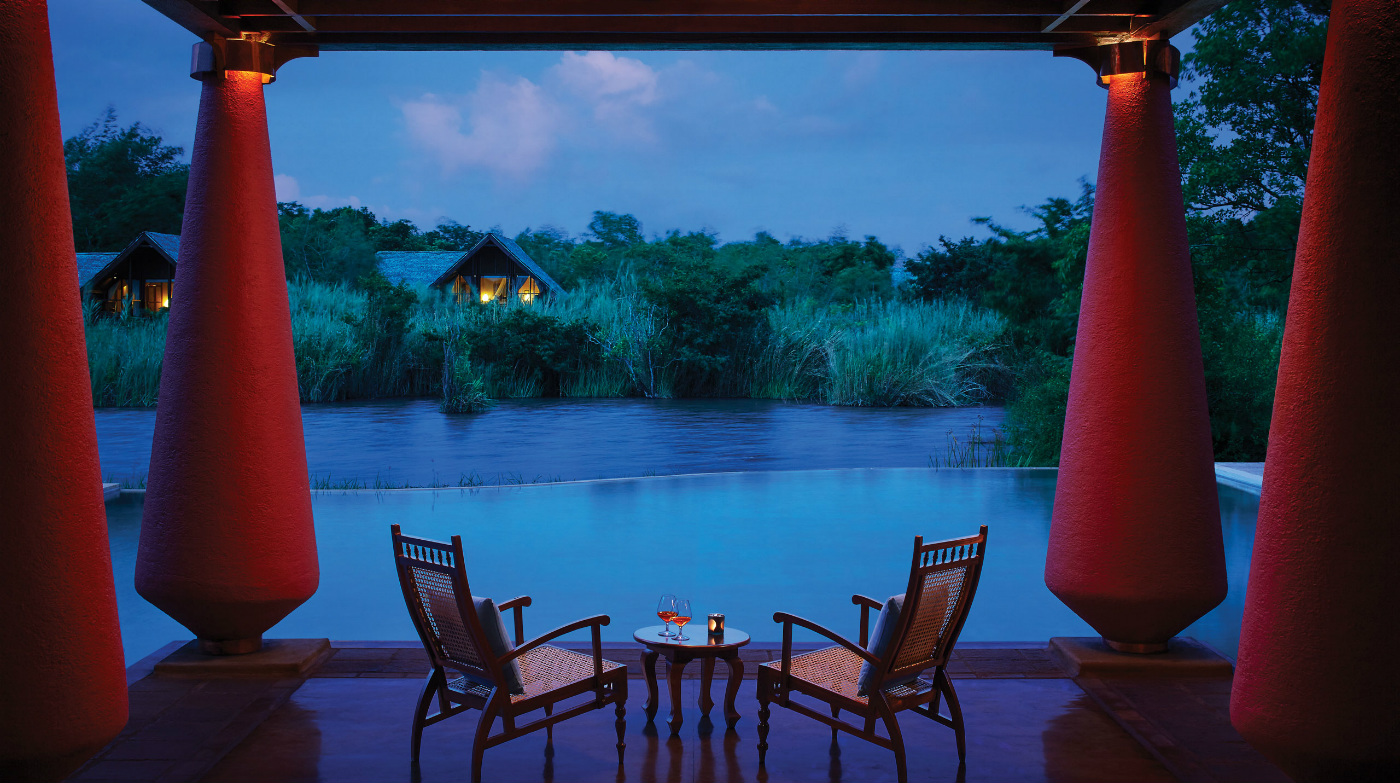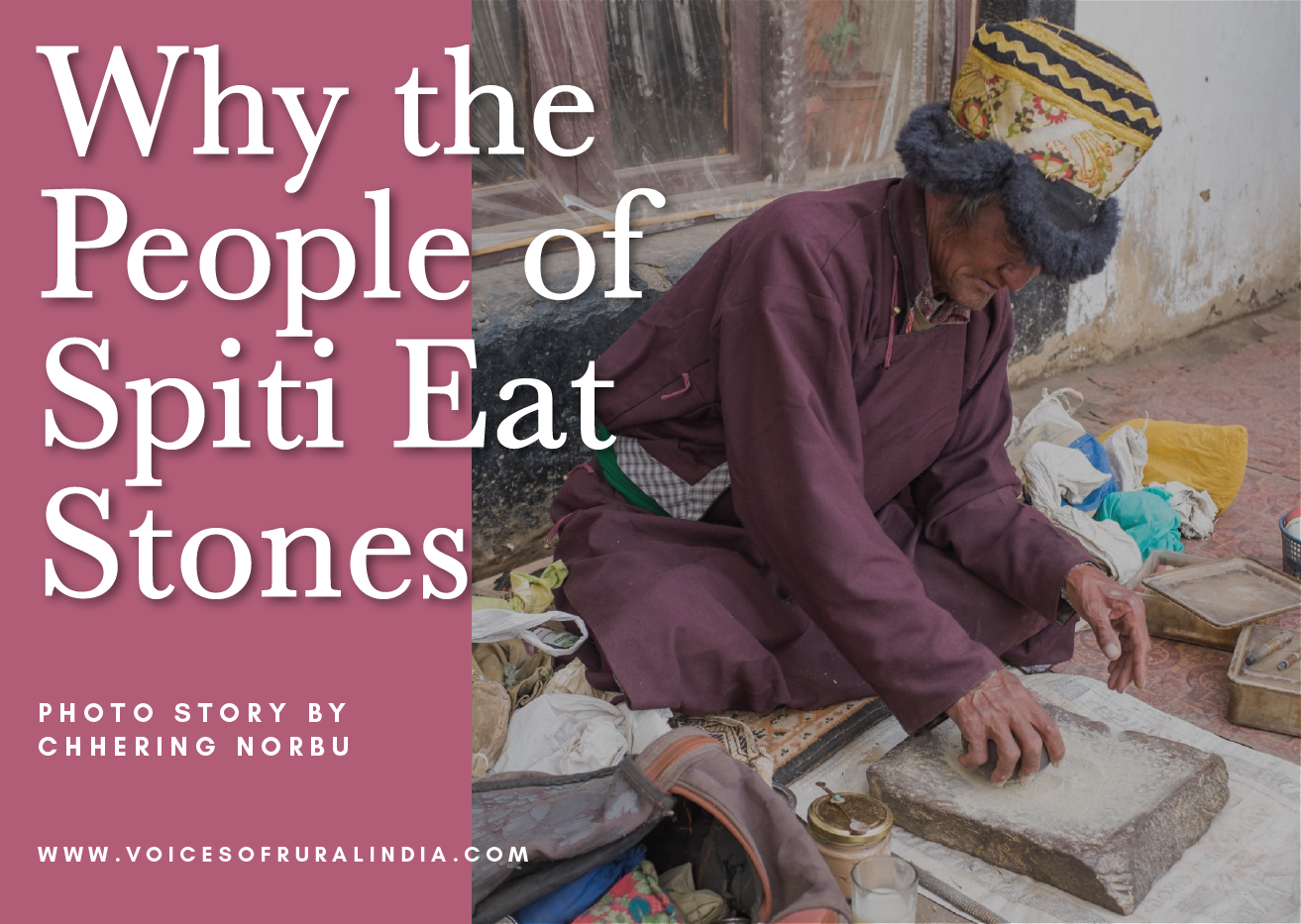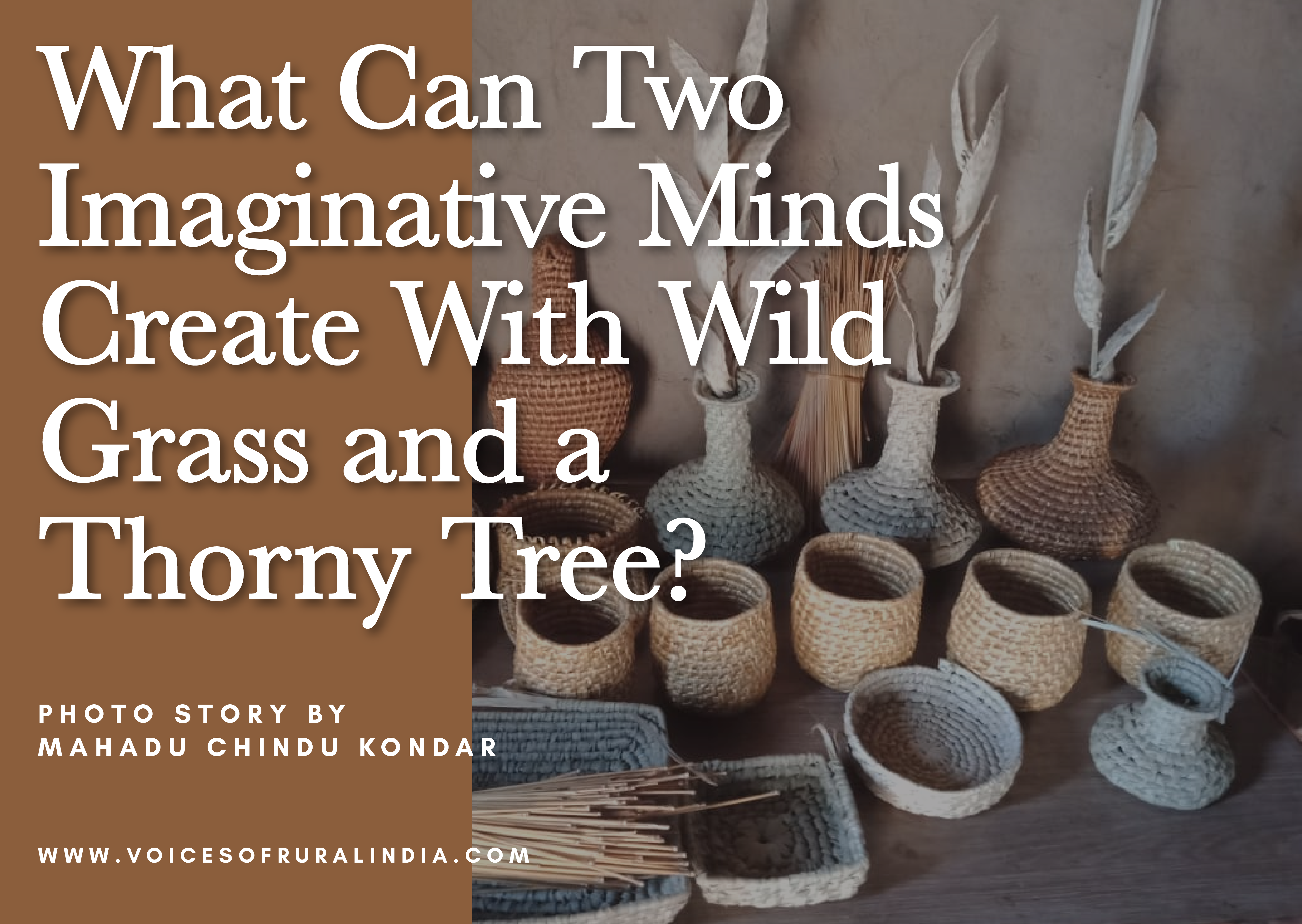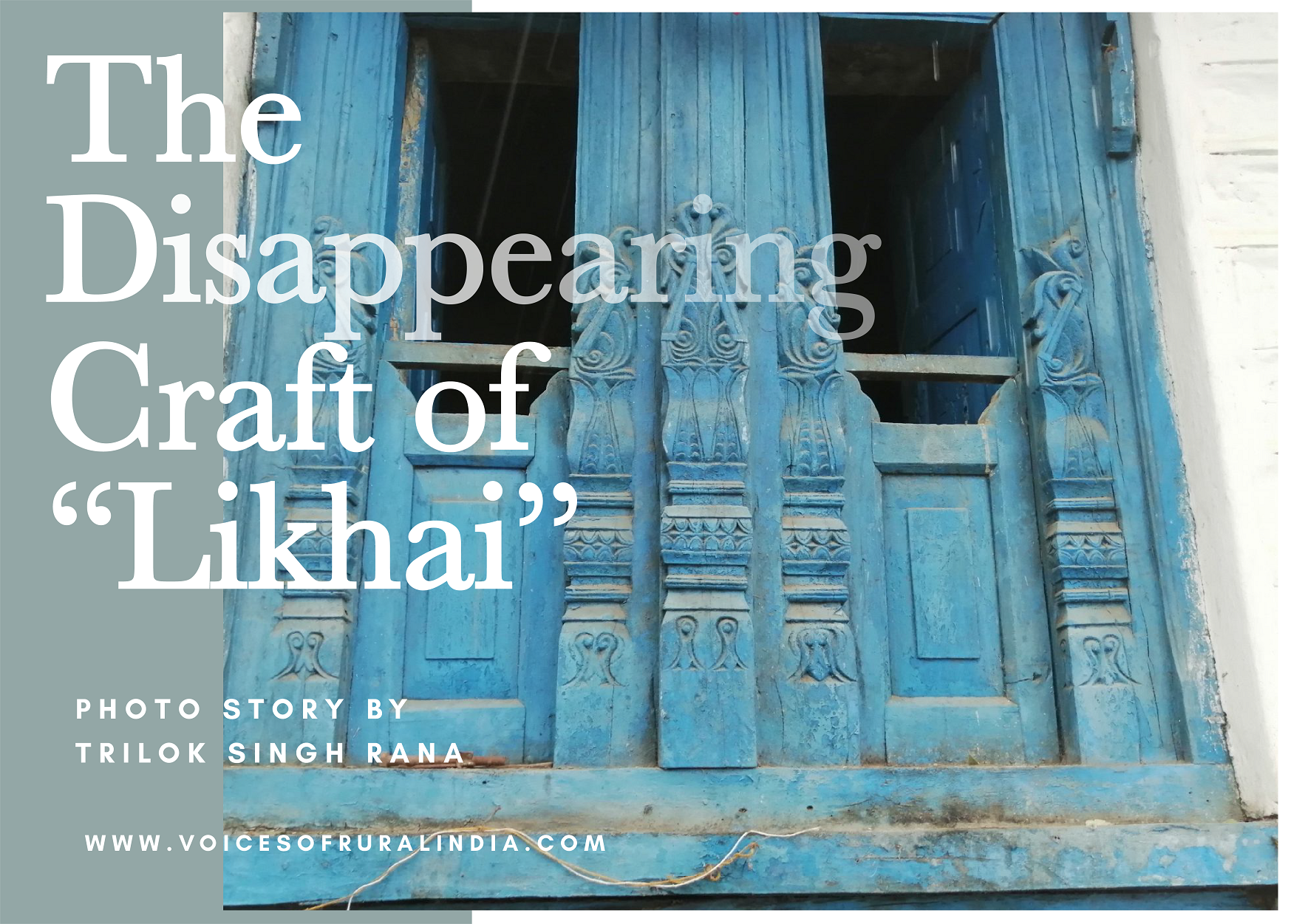
A look at the responsible tourism practices followed by the hotel set in a restored wetland
We think of Responsible Travel stays as small stand-alone boutique hotels or homestays. However, Sri Lanka’s Jetwing Hotels proves hotel chains can also be responsible tourism adherents.
Jetwing Hotels has built 35 properties in Sri Lanka over 40 years and established itself as a responsible tourism operator. Initiatives like using sustainable cinnamon wood and biomass boilers for hot water and as a heat source for vapour absorption chillers; solar installations; rainwater harvesting; wastewater treatment; organic water management and biogas digesters have been incorporated at the group’s luxury properties. Several properties have biodiversity awareness centres, showcasing local habitats, marine species, or land animals. Outreach programmes engage with local communities by providing hospitality training, swimming lessons for local children, and engagement with rickshaw drivers. A bottling plant produces reusable bottles used by all the brand’s properties.
Here’s some more of these thoughtful practices through the example of Jetwing Vil Uyana, a man-made nature reserve:
Located just 5km from Sigiriya Rock, Jetwing Vil Uyana is in the heart of Sri Lanka’s cultural triangle. Here, 36 luxurious cottages are located among 28 acres of wetland that once used to be a desolate and abandoned slash-and-burn cultivation area.
CONSERVATION
Over four years, the abandoned agricultural land was restored to a wetland, with part of the area reforested and another section used for paddy cultivation with traditional means.
Numerous birds and animals returned to the restored wetland and forest. Mammal species increased from 12 to 25, birds from 29 to 138, butterflies from 24 to 43, and amphibians and reptiles from 3 to 39.
Vil Uyana is one of the best places in Sri Lanka to spot the elusive grey slender loris. It has a dedicated conservation site for the loris, and an information centre to improve awareness.
TAKING RESPONSIBILITY
The open design structures at Vil Uyana built using traditional thatch and clay, require less artificial illumination and ventilation overall.
Food waste is processed onsite in biogas digesters and the resultant gas is used to fuel kitchen stoves. An organic garden supplies fresh produce.
All the wastewater is treated and used in gardens, and all dry leaves and garden waste is composted at the property.
Man-made lakes filled with rainwater provide all the water for the property.
Many children in the farming communities nearby leave school mid-way. To help them acquire new skills, the Jetwing Youth Development Programme offers free six-month training sessions to learn about hotel operations and to gain a working knowledge of English. Graduates are often offered job options at Vil Uyana.
(Adapted from a presentation by Jude Kasturi Arachchi, Director of Jetwing Hotels, during IRTA Summit 2018)






